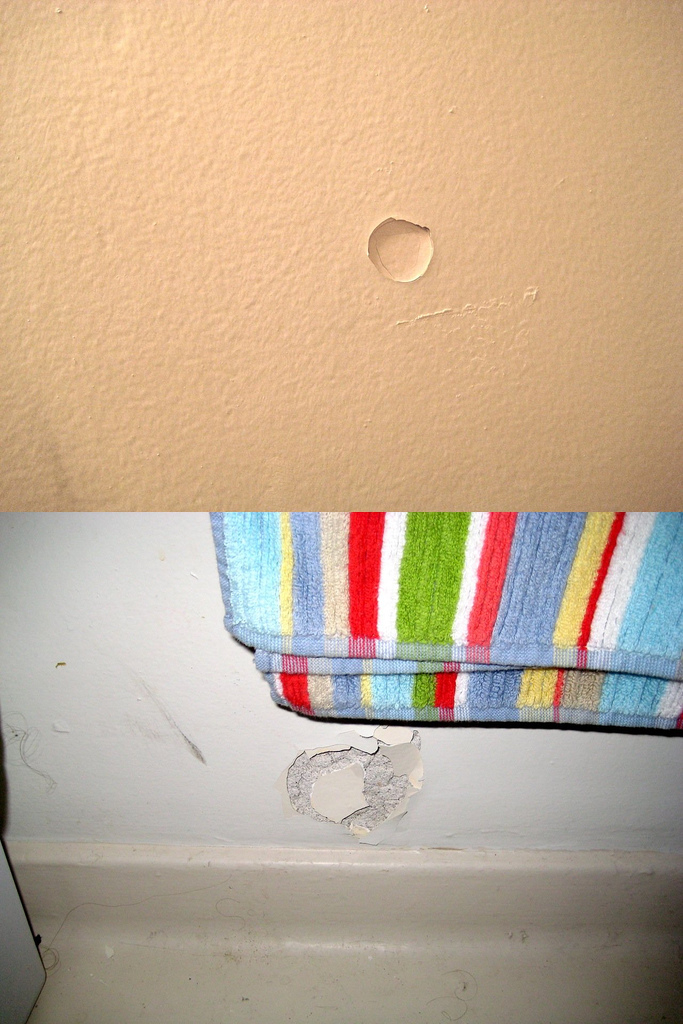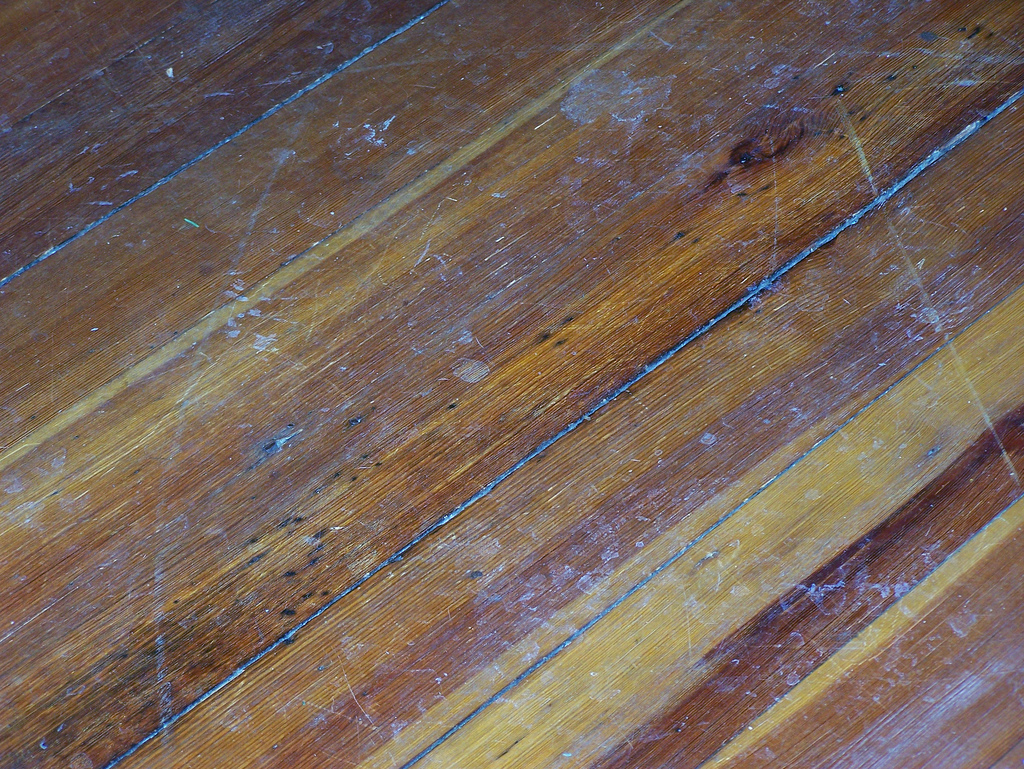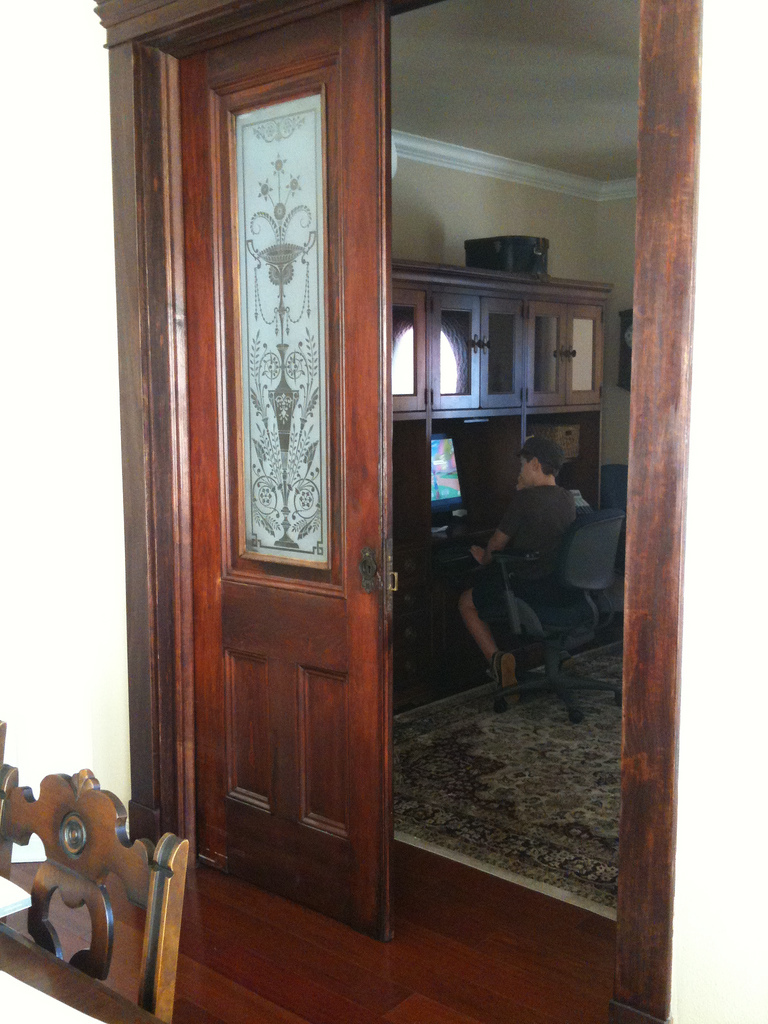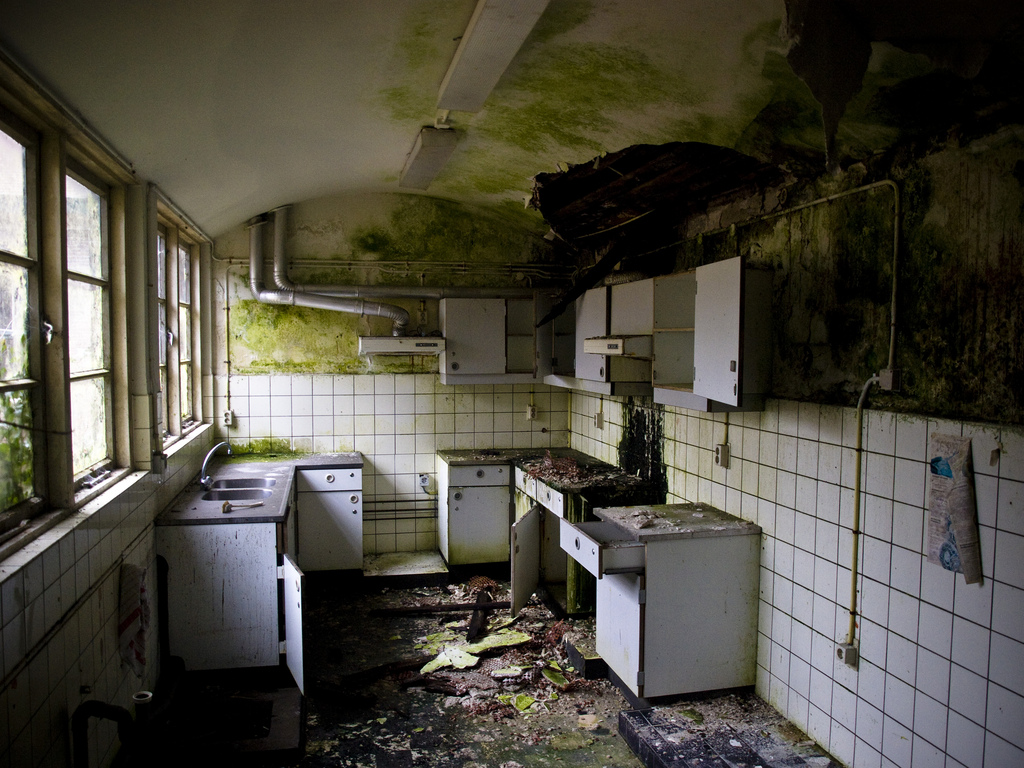If you’re renting a New York City apartment, you most likely paid a security deposit when you signed your lease. The security deposit secures your performance under the lease. If you fail to perform your obligations under the lease the landlord may keep some or all of the security deposit. The landlord holds the deposit during the lease, usually in an escrow account. (You may be entitled to any interest earned on the security deposit while it’s held by the landlord.) Once you’ve moved out of the apartment, your landlord will inspect the apartment and, assuming you haven’t damaged the apartment beyond ordinary wear and tear, should return your security deposit to you. Continue reading to learn five things you should do to avoid losing your security deposit at the end of your lease.

Source: Toonpool.com
Landlord Has the Leverage
The problem with security deposits is that at the end of the lease the landlord decides how much of your security deposit you’ll get back. The landlord has all the leverage; you’ll have a hard time challenging the landlord’s determination that some or all of your deposit is forfeit. It’s helpful to know the laws of your state regarding security deposits, and it’s important to document both the state of the apartment when you moved in and damage that occurs while you live there. But in the end, if you leave excess work for the landlord to do in preparing for the next tenant, you’re likely to pay for it with part of your security deposit, or else have a time-consuming (and potentially expensive) fight to recoup the lost portion.
Here are five things you can do to avoid losing part or all of your security deposit:
1. Fix Damages to the Walls
Leases often explicitly provide that if you use nails to hang artwork you need to remove the hooks and fill the holes on move-out. Even if you don’t fill the holes, you need to be careful removing the nails when you pull them out.

Source: Flickr/CC 2.0
This is especially important if you live in an apartment with cinder-block or plaster walls (e.g., Manhattan pre-war apartment). In those apartments you may need special nails, or to drill holes in the wall to put in the nails. If done incorrectly this can cause plaster to crumble. And if you’re putting up something especially heavy, you need to make sure you find a wall stud into which to drive the nail. At the very least make sure you get hooks strong enough to support the weight of the object you’re hanging.
Consider using adhesive instead of hooks to hang lighter pieces (remember to pull down the adhesive!). Also, get in-fill putty from a hardware store – it’s a common item and easy to apply.
2. Avoid Scratching Hardwood Floors
Hardwood floors are beautiful. They’re also very easy to scuff and scratch – just dragging your dining-room chair across a hardwood floor can leave an unsightly (and expensive) trail. If you have hardwood floors, consider putting rubber cups or similar on your furniture’s legs – this will not only protect the floor but also keep the furniture from sliding around.

Source: Flickr/CC 2.0
Carpets, paradoxically, are less of a problem – it’s easier to damage carpet, but landlords often replace carpeting as a matter of course after a tenant moves out.
Learn more:
3. Reinstall Interior Doors You Removed
Interior doors are usually much lighter than front doors, and it can be easy to inadvertently damage them. Partially as a result, you might consider taking down interior doors. (This also has the effect of making your space feel larger.) If you take them down, remember to put them back up.

Pay particular attention to sliding doors and “pocket doors” (doors that slide into the wall). They can become dislodged from their tracks, which is itself a problem (and which if left unresolved can damage the door).
4. Keep Appliances Clean and Working
Nobody likes a dirty kitchen. But if you leave the appliances especially dirty, or if you break them (or allow them to become unusable), your landlord will incur expenses in repairing or replacing them — expenses you’ll pay for with part of your security deposit.

Source: Flickr/all rights reserved.
Also note that if you put in appliances (like an air conditioner) that stress the apartment’s wiring you’re likely to pay for damage that results with part of your security deposit.
5. Don’t Leave Property in Your Apartment
Your lease may explicitly say that the landlord can charge you for disposing of property you leave in the apartment when you move out. Even if it doesn’t, though, if you leave large pieces of property in the apartment (e.g. a sofa) your landlord may well charge you for disposing of it – by deducting the cost of disposing of it from your security deposit. This also goes for appliances that you install and then leave when you move out.
_______________________________________________________________________________
We’re pretty old-school; we think pre-war apartments in Manhattan are pretty great. Come read why!
Also…we went nationwide! Read all about it.
Editor’s Note: We updated this article to enhance readability.




